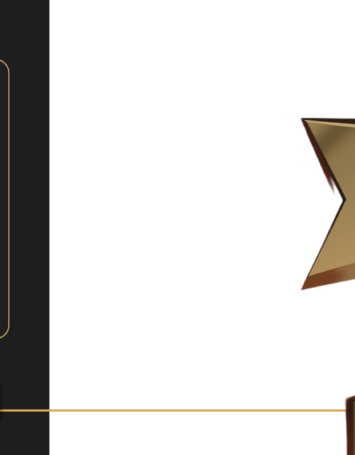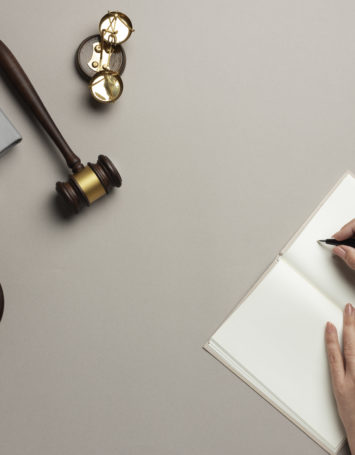Written by Haim Ravia and Dotan Hammer
American Comedian Sarah Silverman and writers Christopher Golden and Richard Kadrey are jointly suing OpenAI, the developer of ChatGPT, in a federal court in California. They assert that OpenAI, a leading artificial intelligence research organization, infringed copyrights when it used copyrighted works to train its advanced language model, GPT. The lawsuit seeks class action certification.
According to the plaintiffs, OpenAI unlawfully copied books they wrote, without permission, and then used them to create derivative works and publicly display or distribute them. Silverman and her co-plaintiffs also assert that OpenAI’s language models are themselves derivative works because they rely, among other things, on the creative content derived from their works. The lawsuit alleges that OpenAI has the right and ability to control the output generated by its language models and derives economic profit from the infringing output.
The plaintiffs are seeking a jury trial and recovery of statutory damages, actual damages they suffered, restitution of profits, and other remedies.
Click here to read the complaint of Sarah Silverman, Christopher Golden, and Richard Kadrey against Open AI.
Two other authors from California filed a lawsuit against OpenAI alleging that the use of books to train the artificial intelligence model infringes their copyrights. It seeks class action certification on behalf of all residents of the United States who hold U.S. copyright in any work that was OpenAI used to train its models.
The lawsuit alleges that the large language model (LLM – Large Language Model), at its core, copies any text entered and uses the phrase subsisting in it. As per the complaint, the large language model gradually adjusts its output to more closely resemble the word sequences copied from the training materials.
According to the plaintiffs, much of the data used to train GPT comes from copyrighted works, including books the plaintiffs authored. They allege that OpenAI copied them without consent, without providing credit, and without proper compensation. Books, the lawsuit emphasizes, have always been a key component in training models of large languages because they provide the best examples of high-quality comprehensive writing. OpenAI has revealed that 15% of GPT-3’s vast training set came from “two web-based corpora of books”. One of them, the lawsuit claims, is Project Gutenberg. The lawsuit believes that the other corpus includes books that were unlawfully copied.
Causes of action include direct copyright infringement, vicarious copyright infringement, violation of the U.S. Digital Millennium Copyright Act by removing copyright management data, unfair competition, negligence, and more.
Click here to read the complaint by Tremblay and others against OpenAI.
A lawsuit alleging privacy violations by OpenAI and Microsoft was filed in federal court in California, seeking class action certification. The lawsuit alleges that OpenAI’s ChatGPT violated privacy laws by collecting large amounts of personal data from the Internet without consent. Microsoft was named as a co-defendant based on its exertion of “considerable control over OpenAI”, through past investments and future investment commitments.
The lawsuit focuses on how OpenAI obtained the data it uses to train its artificial intelligence systems. The complaint alleges, among other things, violations of terms of use of websites and privacy laws and federal laws, including the Computer Fraud and Abuse Act. According to the plaintiffs, OpenAI has shifted its focus from advancing artificial intelligence for the benefit of humanity to solely on economic profits. As per the complaint, “the current outline enriches the defendants but destabilizes the world.”
The plaintiffs, identified in the lawsuit only by their initials, claim that OpenAI collected private data from user interactions with its products and with social networks and other platforms. Among other things, the lawsuit alleges that photos and location data were collected from Snapchat, musical preferences from Spotify, private conversations from Slack, and data from conversations over Microsoft Teams. The plaintiffs estimate that the potential damages could reach three billion dollars. They base the calculation on the claim that OpenAI collected data on millions of people.
Click here to read the privacy-centric complaint against OpenAI and Microsoft.
Google and Alphabet were also hit with a class action lawsuit in a federal court in San Francisco, alleging that the technology giant scraped and stole personal data and copyrighted works from hundreds of millions of Americans, to develop commercial artificial intelligence (AI) products, including Bard, Google’s competitor to OpenAI’s ChatGPT.
The complaint alleges that Google covertly collected massive amounts of personal and professional data, copyrighted works, photographs, emails, and more. The plaintiffs, who remain unnamed, described themselves as users of Google and social networks. According to the complaint, Google’s latest update to its privacy policy was the company’s first public admission of what it had been doing in secret for years. The plaintiffs accuse Google of ignoring the privacy and property rights of hundreds of millions of Americans who have shared their insights, talents, artwork, and personal data online.
The lawsuit alleges that Google illegally accessed protected, subscription-based websites to scrape content without permission, spanning “at least 200 million materials expressly protected by copyright”. The lawsuit also claims that many of Google’s AI products, including Bard, could not have been created without this alleged “mass theft” of personal data and protected works.
The lawsuit seeks to enjoin Google from continued privacy-violating and copyright-infringing scraping. The lawsuit also calls on Google to allow ordinary Internet users to opt-out of the collection of their data and to delete the data Google has already collected. The lawsuit also seeks recovery of actual and statutory damages in unspecified amounts.
Click here to read the complaint against Google and Alphabet.



